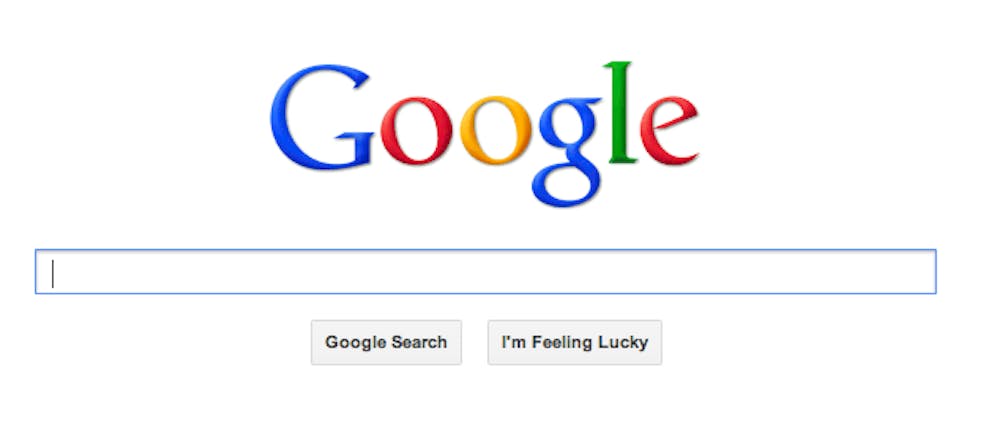Google Inc., creator of the world’s most popular search engine and owner of sites such as YouTube and Blogger, recently faced one of its few real challenges to future growth. And it came out relatively scot-free.
Many future careers will depend on the Internet, so the Google case could set a precedent that will affect the jobs offered to college graduates from Elon University and around the world.
Competitors of Google, Microsoft among them, brought complaints to the Federal Trade Commission over a year ago. They said Google as was stepping into other search formats, those Google engines were being prioritized. Therefore, Google was purposely changing its searches to direct consumers only to Google sites, which constituted a violation of anti-trust laws.
“Certain industries that involve very high barriers to entry and huge infrastructure costs tend to lean towards being ‘natural monopolies,’” said Christina Benson, assistant professor of business law.
To give an example of what Google was being accused of, imagine you go on Google to search for affordable textbooks. Google’s own online shopping searches are presented first, while other results like Chegg are listed less prominently.
Anti-trust laws, which Google was accused of violating, are regulations created to maintain competition between companies and provide consumers with more choice. In low competition markets, consumers must choose from within a narrower range of products.
“The theory is that greater competition in an industry should force companies to continuously innovate,” Benson said. “By contrast, when industries become dominated by one or only a few competitors, there is typically much less innovation, higher prices, and lower quality.”
Google argued it is not preventing competition, as other, similar software is just a click away.
Though that may be true, Antonio Izzo, faculty fellow at Elon’s teaching and learning technology office, said many people seem to rely on Google almost exclusively.
“For all of the things that Google tools offer for collaboration, there’s other software that exists,” Izzo said. “Everyone just seems to be very inherently familiar with how Google works.”
Google, whose executive chairman Eric Schmidt is a science and technology advisor for President Obama, went before the FTC to argue the company’s actions did not violate anti-trust laws, and on Jan. 3, the five committee members found no case against Google and voted unanimously not to proceed with the investigation.
With this victory, Google can continue to push forward in an era where technology seems to increase more quickly than lawmakers can keep up with.
“As the market shifts and changes, antitrust regulators struggle to keep up,” Benson said.
Past FTC and anti-trust cases involving communication technology resulted in the breakup of AT&T/Bellsouth in the 1980s and the slow-down of Microsoft in the 1990s as Internet Explorer and Apple rapidly gained prominence and consumer loyalty.
Google is already a multi-billion dollar company, and the Jan. 3 decision may speed its trajectory.
Dissenters of the decision argue that much of Google’s work is with information analytics, rather than just providing search engines to users and consumers.
“Another very important category of consumers for Google’s services are those entities that market themselves using Google’s various product platforms and advertising programs,” Benson said.
Benson said overlooking the customers who use Google to advertise their companies and businesses created an incomplete picture, and if these consumers had been factored into the FTC’s decision, “the analysis of consumer welfare and harm to competition might come out differently.”
While the case with the FTC in America has ended after nearly two years, in Europe, Google continues to deliberate with EU anti-trust regulators. They say they will reach a decision sometime in 2013.


